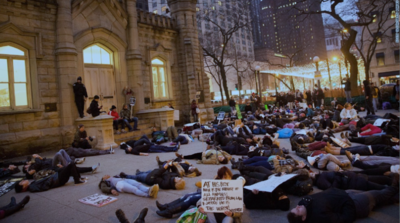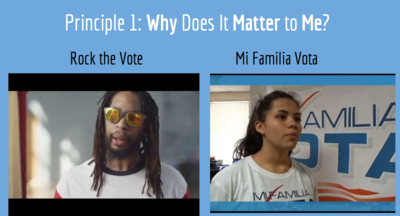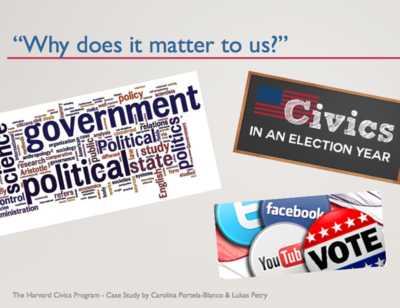Gov94CZ (From Voice to Influence: Understanding Citizenship in a Digital Age) was an undergraduate seminar course offered in Harvard’s Department of Government in fall 2016. Students discussed a number of topics related to digital civic agency, including changing communication patterns, policymaking processes, and emerging ethical issues. In the following class project, students chose a case (any group, any organization, or any single person) and investigated it using the Ten Questions framework. The resulting projects explored cases from all corners of the participatory politics landscape. Here, we spotlight four: Veganism, Reclaim Harvard Law, Get Out To Vote (GOTV), and the Harvard CIVICS Program.
|
Is Veganism Political? The Frontiers of Participatory Politics
 |
|
Reclaim HLS: Law Students Respond in the Age of Black Lives Matter.
 |
|
Get Out the Vote: Participatory Politics' New Suffrage Movement?
 |
|
Harvard Civics: Teaching Civics as Political Action
 |


